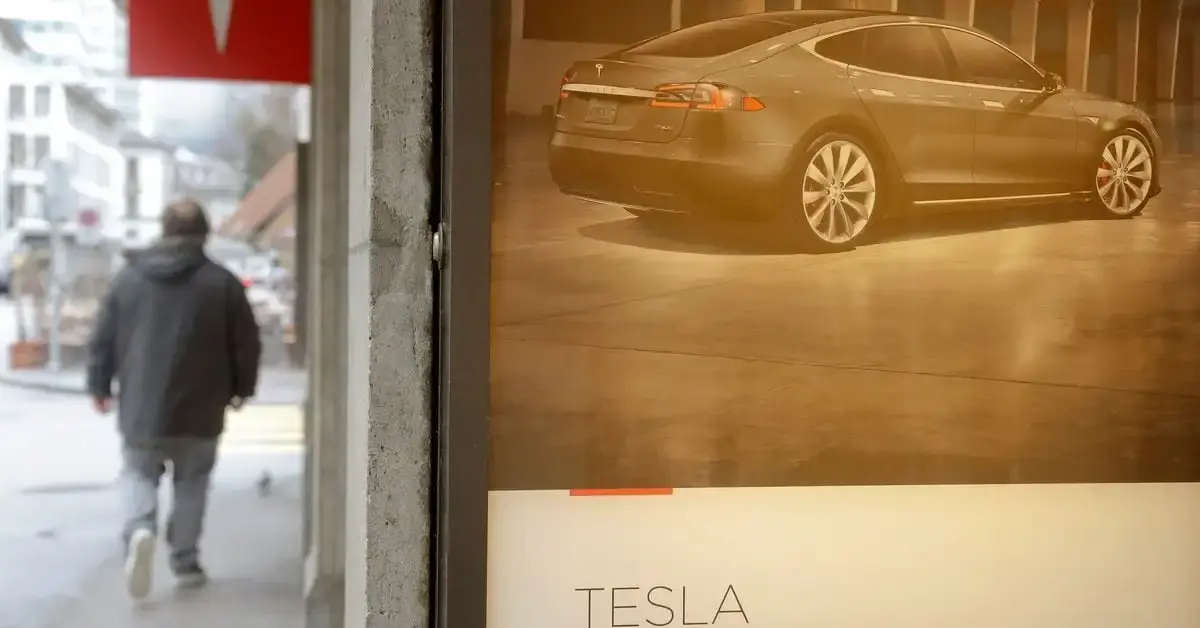Bryant Walker Smith, a University of South Carolina law professor, called the judge’s summary of the evidence significant because it suggests “alarming inconsistencies” between what Tesla knew internally, and what it was saying in its marketing.
“This opinion opens the door for a public trial in which the judge seems inclined to admit a lot of testimony and other evidence that could be pretty awkward for Tesla and its CEO,” Smith said. “And now the result of that trial could be a verdict with punitive damages.”



🤖 I’m a bot that provides automatic summaries for articles:
Click here to see the summary
Nov 21 (Reuters) - A Florida judge found “reasonable evidence” that Tesla Chief Executive Elon Musk and other managers knew the automaker’s vehicles had a defective Autopilot system but still allowed the cars to be driven unsafely, according to a ruling.
Judge Reid Scott, in the Circuit Court for Palm Beach County, ruled last week that the plaintiff in a lawsuit over a fatal crash could proceed to trial and bring punitive damages claims against Tesla for intentional misconduct and gross negligence.
Bryant Walker Smith, a University of South Carolina law professor, called the judge’s summary of the evidence significant because it suggests “alarming inconsistencies” between what Tesla knew internally, and what it was saying in its marketing.
“This opinion opens the door for a public trial in which the judge seems inclined to admit a lot of testimony and other evidence that could be pretty awkward for Tesla and its CEO,” Smith said.
The judge said the accident is “eerily similar” to a 2016 fatal crash involving Joshua Brown in which the Autopilot system failed to detect crossing trucks, leading vehicles to go underneath a tractor trailer at high speeds.
“It would be reasonable to conclude that the Defendant Tesla through its CEO and engineers was acutely aware of the problem with the ‘Autopilot’ failing to detect cross traffic,” the judge wrote.
Saved 56% of original text.